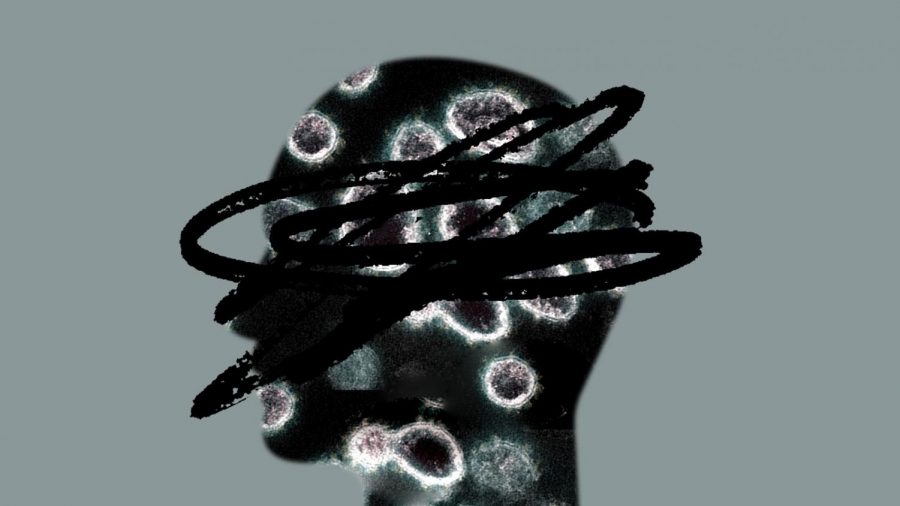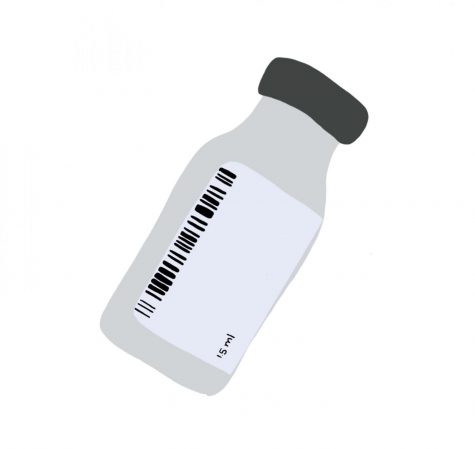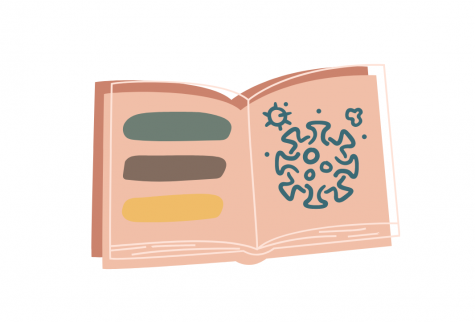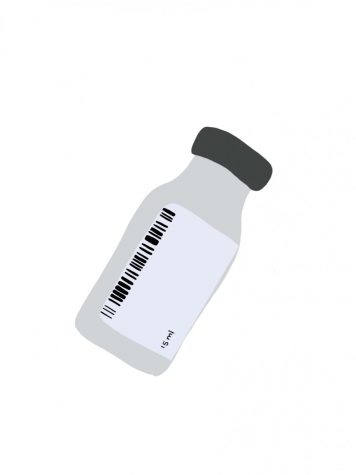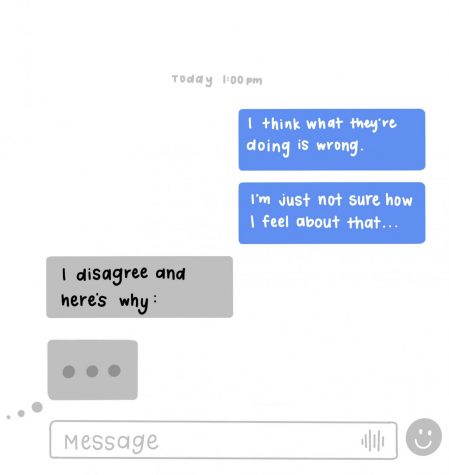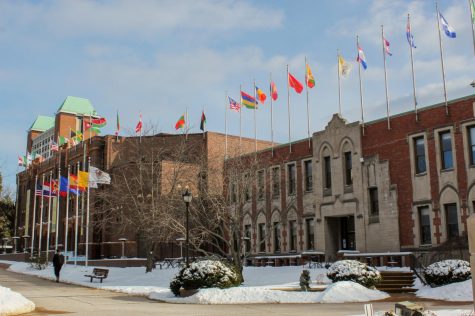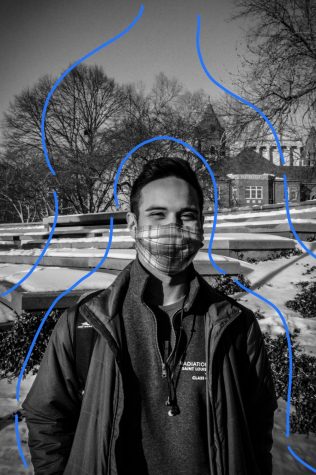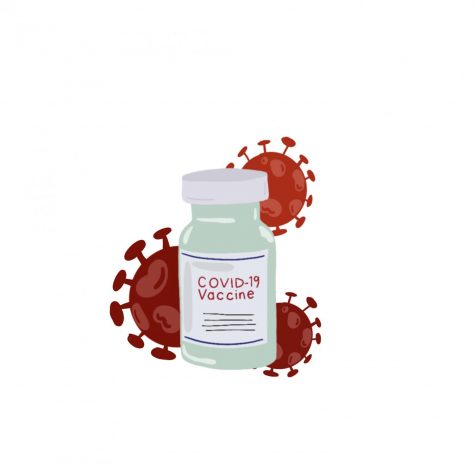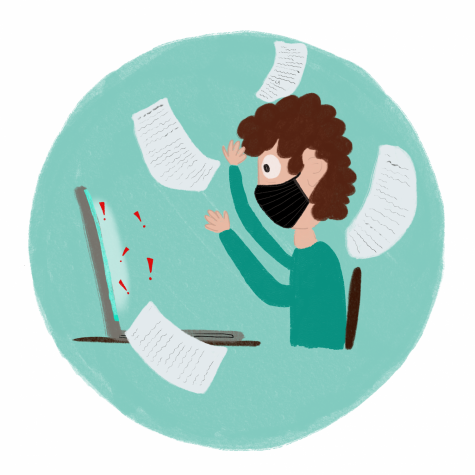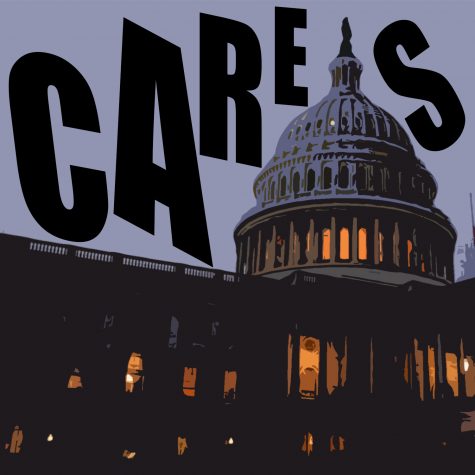Pandemonium, Projection and the Psychology Behind the Pandemic Blame Game
One year after it emerged, we’re still coping with the COVID-19 pandemic. 500,000 people are dead, millions have been infected, and millions more have to deal with long-term negative psychological effects brought on by isolation and loneliness. While the pandemic has become an increasingly political issue, one thing everyone can agree on is that this past year was traumatic in more ways than one. The National Center for Health Statistics and the U.S. Census Bureau estimates that more than a third of Americans have experienced symptoms of depression and anxiety in the past year. College students in particular have been overwhelmed by anxiety and depression since the start of the pandemic.
Across the country, college students and university administrators are locked in a metaphorical shouting match passing blame between each other. Administrators are blaming students for the rising number of cases on college campuses and for forcing them to close schools, while students are blaming administrators for prioritizing university finances over their health and safety. At the same time, both students and administrators want to keep their schools open. Julia Marcus and Jessica Gold wrote in The Atlantic “Although [young people] may transmit the virus to others, they are at substantially lower risk of complications from coronavirus infection than older people—but at far greater risk of psychiatric disorders that can be triggered or worsened by social isolation…The issue isn’t that young people are universally unconcerned about the pandemic; it’s that they realize it’s not the only—or even the greatest—risk they face.”
In times of stress or internal conflict — both of which are situations college students face every day — we often turn towards defense mechanisms to cope. These mental processes are initiated, typically unconsciously, to avoid conscious conflict or anxiety. Marþinko et al. use psychodynamic theory to understand the good and bad of these psychological coping strategies. “Immature” defense mechanisms are unhealthy ways to deal with the stress of a traumatic event. “Projection” — incorrectly attributing any unpalatable thoughts or actions to others and essentially putting the blame on others — is a common type of defense mechanism. “Splitting” refers to focusing on only some aspects of a scary reality instead of considering the complexity brought about by the crisis as a coherent whole. “Displacement” is expressing anger at and blaming someone other than the individual themself when they are upset with that person for a stressful event. For students, these immature defenses play out by blaming the administration for putting them in an environment that is not built for social distancing. In reality, the situation is much more complex.
What students really want to do is to get back to their old lives, but that is outside of their control. When institutions appeal to individuals’ fear, it can lead people to change their behavior if they feel capable of dealing with the threat, according to Van Bavel et al. In this case, though, it can often lead to defensive reactions when they feel helpless to act. And, as Marþinko et al. point out, the choice of defense mechanism is involuntary.
There are healthy, “mature” defenses, like utilizing humor to diffuse tension or utilizing altruism to fulfill the needs of others and thereby the needs of oneself. The pandemic and its effects will not be going away within the next few months. We need to look inwards, understand and empathize with those who are going through our same pains. Right now, students are trying to use single-faceted coping responses to solve a multifaceted problem. Instead, let’s all take a moment to reflect on the ways we can hold ourselves and each other accountable from a place of humility and compassion.
Your donation will support the student journalists of Saint Louis University. Your contribution will help us cover our annual website hosting costs.



